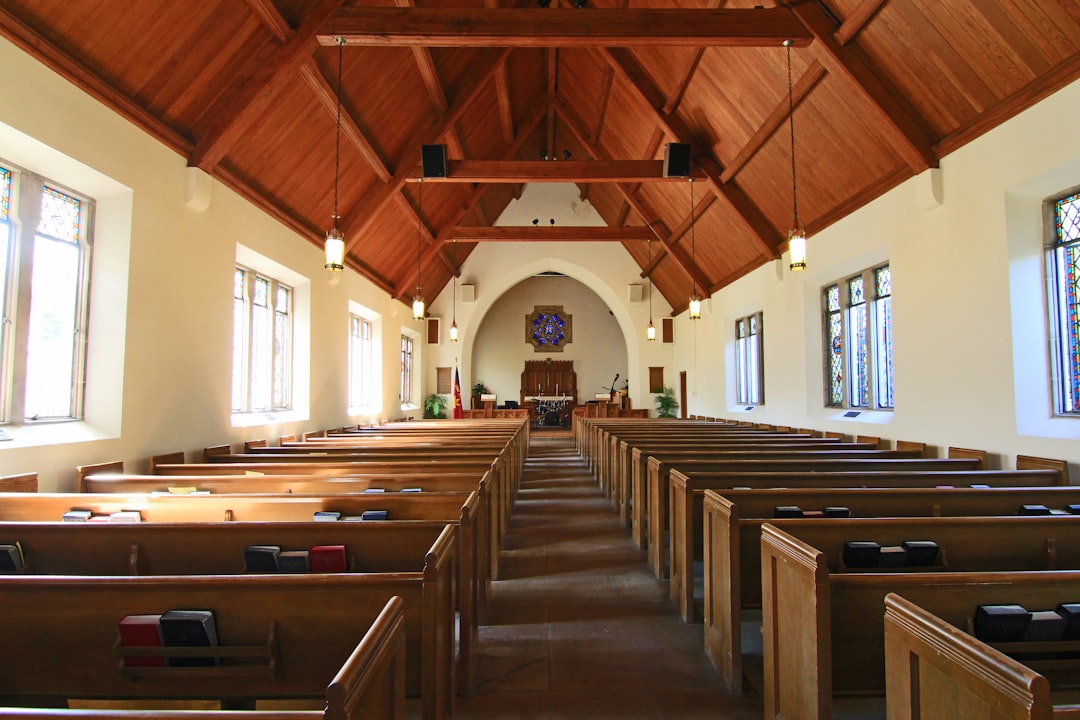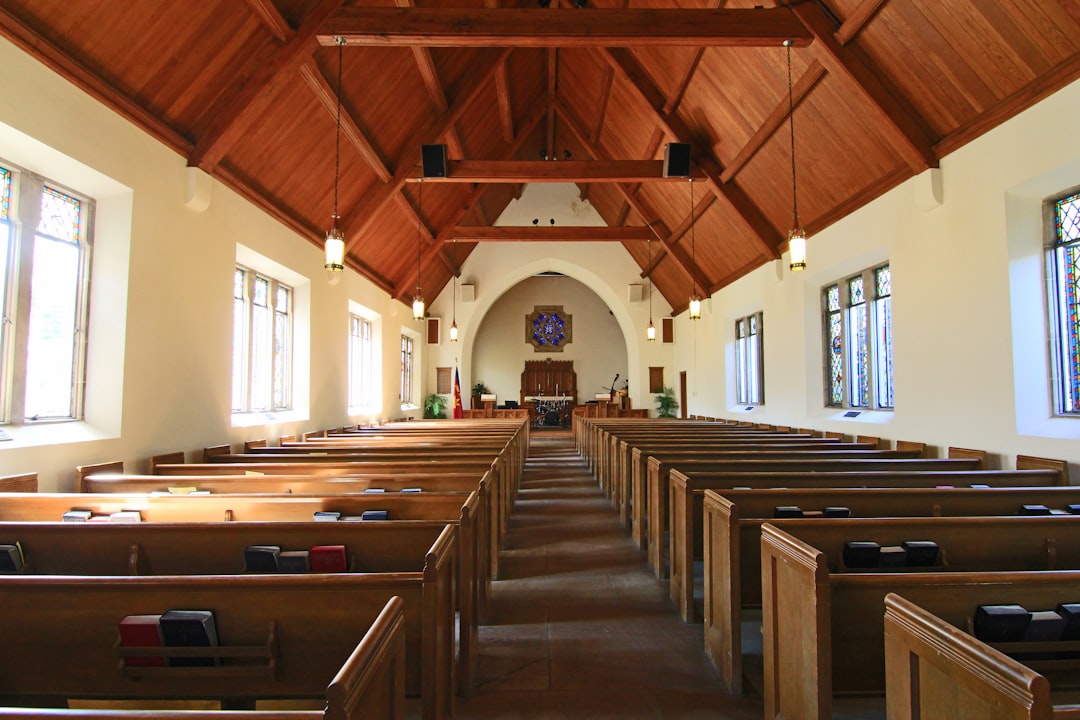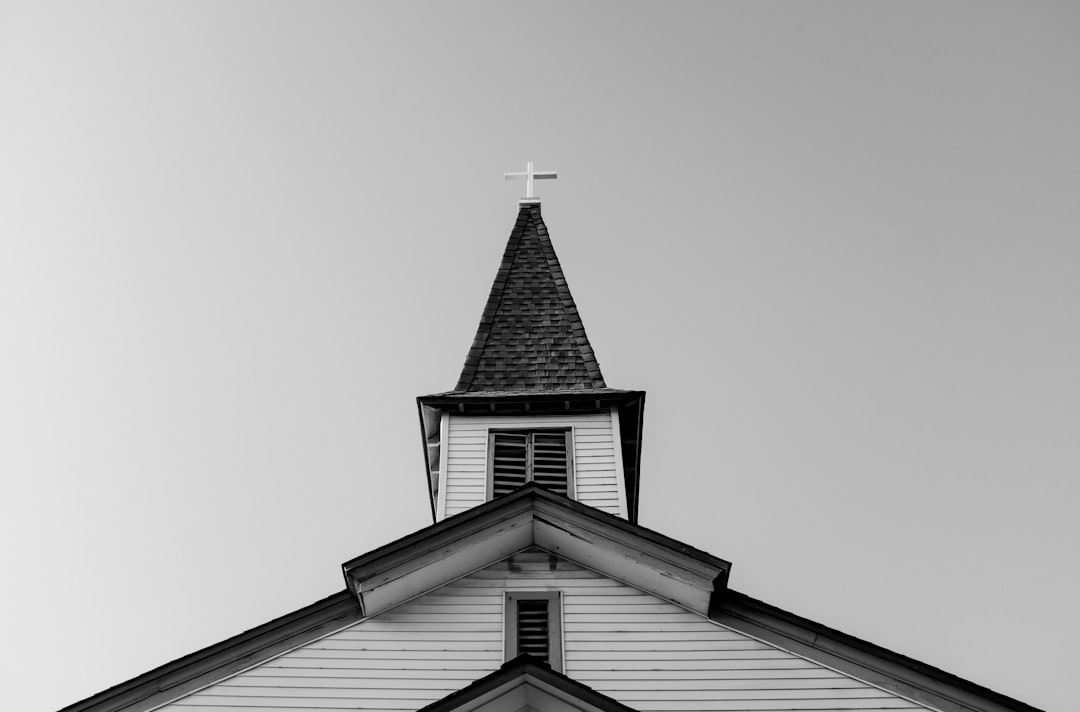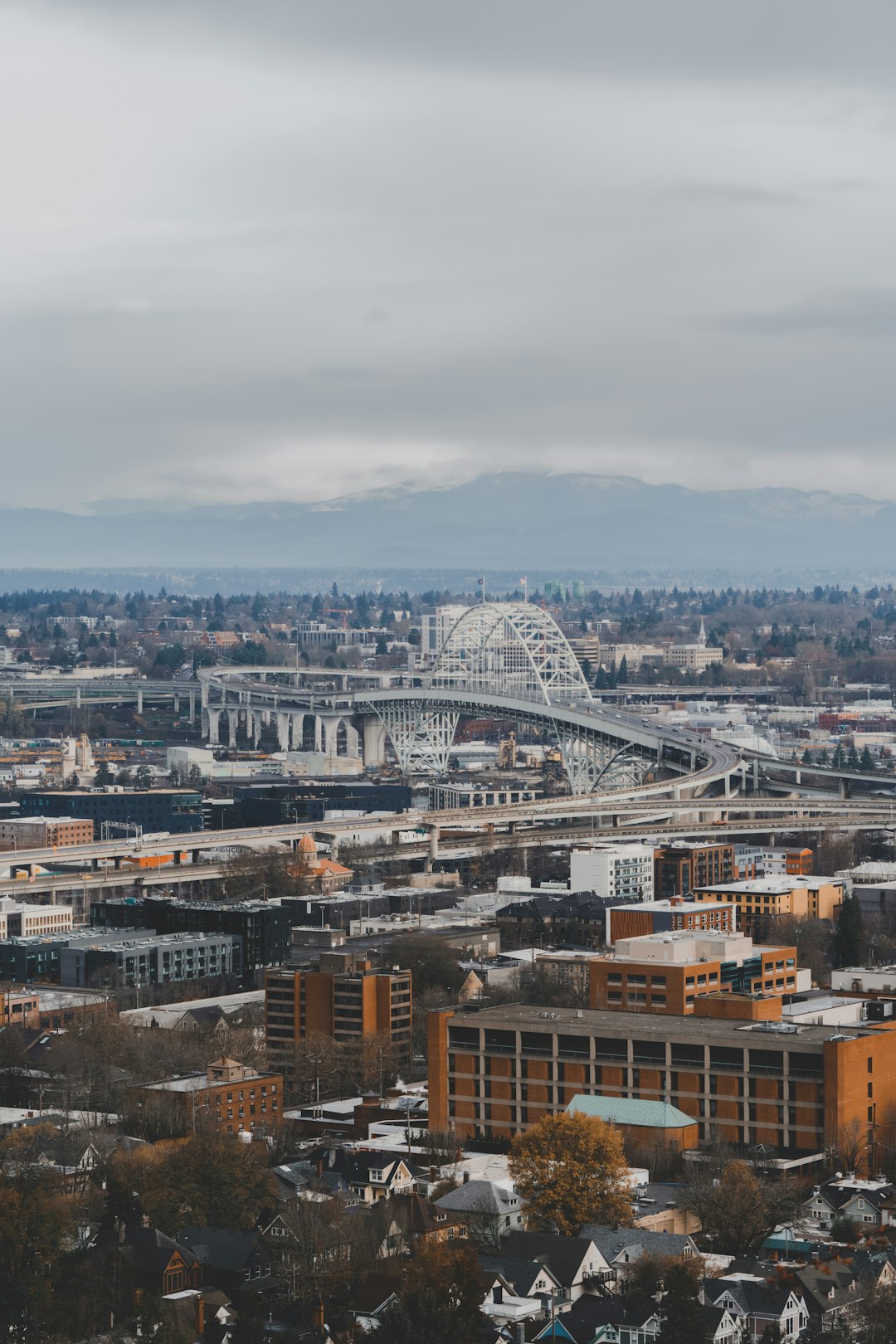In Oregon, clergy sexual assault victims are increasingly turning to clergy abuse attorneys for legal support due to complex power dynamics that often hinder justice. These specialists guide survivors through evidence gathering, court representation, and settlement negotiations, ensuring they understand their rights and receive favorable outcomes. Choosing an experienced attorney with a proven track record in similar cases is crucial. Support networks including non-profit organizations and hotlines also aid victims, offering counseling, legal aid, and community connections while advocating for accountability and justice through clergy abuse attorney Oregon representation.
In Oregon, addressing clergy sexual assault is a sensitive yet critical issue. Understanding the legal rights of victims and accessing appropriate support is essential for healing and justice. This article guides survivors through navigating the Oregon legal system, highlighting key steps from reporting to trial. We also offer insights on choosing the right clergy abuse attorney in Oregon to ensure competent representation. Additionally, we explore available resources for recovery and healing within the state.
Understanding Clergy Sexual Assault: A Sensitive Issue in Oregon

Clergy sexual assault is a sensitive and complex issue in Oregon, just as it is in many other parts of the country. When a person who holds spiritual authority over an individual or community engages in non-consensual sexual behavior, it can have profound and lasting effects on the victim’s mental health and well-being. This type of abuse often occurs under the guise of power and trust, making it particularly difficult for victims to come forward and seek justice. In Oregon, where there has been a growing awareness of the prevalence of clergy abuse, many individuals are turning to clergy abuse attorneys for legal help.
Understanding the nuances of this issue is crucial in ensuring that victims receive the support and compensation they deserve. Legal professionals specializing in clergy sexual assault cases work tirelessly to navigate the unique challenges that come with these sensitive matters. They help victims explore their options, whether through mediation, arbitration, or litigation, while also guiding them through the legal process. In Oregon, where laws regarding clerical abuse are continually evolving, having an attorney who is well-versed in these issues can make all the difference in achieving a favorable outcome.
Legal Rights of Victims: Navigating the Oregon Legal System

Victims of clergy sexual assault in Oregon have specific legal rights and options available to them, which can be complex and often daunting. It’s crucial for survivors to understand their rights so they can take appropriate action. In Oregon, victims have the right to seek criminal prosecution against their abusers, as well as file a civil lawsuit for damages. Legal aid organizations, such as those specializing in clergy abuse cases, can provide invaluable support and guidance throughout this process.
Navigating the legal system can be challenging, especially when dealing with sensitive issues like clergy abuse. A qualified clergy abuse attorney in Oregon can help victims understand their options, gather evidence, and represent them in court if necessary. They can also assist in negotiating settlements or providing representation in mediation to ensure victims receive the justice and compensation they deserve.
Choosing the Right Attorney: What to Look for in a Clergy Abuse Lawyer

When seeking legal help for clergy sexual assault in Oregon, it’s crucial to choose a clergyman abuse attorney who possesses the right skills and expertise. Look for a lawyer with a proven track record in handling similar cases, as this ensures they understand the unique complexities involved. Experience in navigating church laws and internal processes is also essential, as these can significantly impact the case.
Additionally, consider an attorney who demonstrates empathy and a deep understanding of the trauma experienced by victims. They should be able to provide support throughout the legal process while advocating for your rights effectively. Reputable clergy abuse attorneys in Oregon will prioritize open communication, keeping you informed every step of the way.
The Process: From Reporting to Trial in Oregon

In Oregon, the process of seeking justice for clergy sexual assault begins with reporting the crime. Victims or survivors can file a report with local law enforcement agencies, which will launch an investigation to gather evidence and interview witnesses. Throughout this phase, a dedicated clergy abuse attorney in Oregon can provide crucial support, ensuring that legal rights are protected and proper procedures are followed.
Once the investigation is complete, the decision to prosecute rests with the district attorney’s office. If charges are filed, the case will proceed to trial. A clergy abuse attorney plays a vital role here, guiding their client through the legal system and advocating for their rights. They will cross-examine witnesses, present evidence, and argue for a fair outcome, aiming to secure justice for the survivor and hold the accused accountable.
Support and Resources: Healing and Recovery for Survivors in Oregon

In Oregon, survivors of clergy sexual assault can find support and resources through various organizations dedicated to healing and recovery. These groups offer a range of services, including counseling, legal aid, and advocacy, tailored to help individuals navigate the aftermath of such traumatic experiences. Many non-profit organizations and legal clinics specialize in handling cases involving clergy abuse, providing free or low-cost assistance to those who have been victimized.
A clergy abuse attorney in Oregon can guide survivors through the legal process, ensuring their rights are protected. These attorneys have expertise in dealing with sensitive matters and can help file civil lawsuits against abusive clergy members or institutions. They also provide support during criminal proceedings, offering legal advice and representation to ensure justice is served. Additionally, there are hotlines and online forums where survivors can share their stories and connect with others who have experienced similar traumas, fostering a sense of community and understanding.





